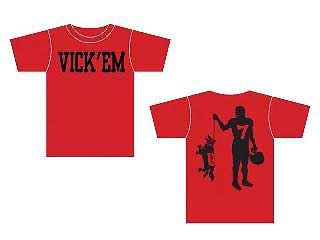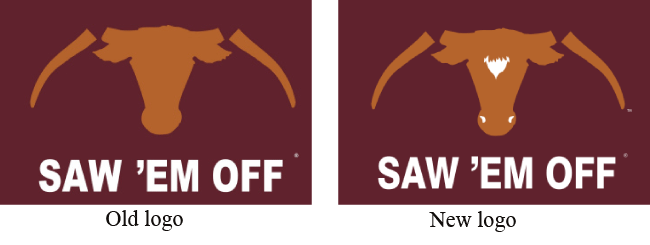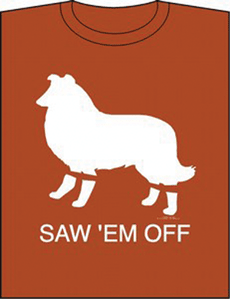viz.
Visual Rhetoric - Visual Culture - Pedagogy
Site informationRecent Blog Posts
|
Reply to commentReplyYour contribution to the blog: Please Read Before PostingThe viz. blog is a forum for exploring the visual through identifying the connections between theory, rhetorical practice, popular culture, and the classroom. Keeping with this mission, comments on the blog should further discussion in the viz. community by extending (or critiquing) existing analysis, adding new analysis, providing interesting and relevant examples, or by making connections between that topic and theory, rhetoric, culture, or pedagogy. Trolling, spam, and any other messages not related to this purpose will be deleted immediately. Comments by anonymous users will be added to a moderation queue and examined for their relevance before publication. Authenticated users may post comments without moderation, but if those comments do not fit the above description they may be deleted. |
 Texas Tech halted the sale of the t-shirts; citing the code of conduct, the school said it doesn't allow the sale of material that is "derogatory, inflammatory, insensitive, or in such bad taste." The student in question argued that he planned to donate part of the profits a local animal defense league because of
Texas Tech halted the sale of the t-shirts; citing the code of conduct, the school said it doesn't allow the sale of material that is "derogatory, inflammatory, insensitive, or in such bad taste." The student in question argued that he planned to donate part of the profits a local animal defense league because of 

Recent comments
2 years 29 weeks ago
2 years 44 weeks ago
2 years 44 weeks ago
2 years 50 weeks ago
3 years 4 weeks ago
3 years 4 weeks ago
3 years 4 weeks ago
3 years 6 weeks ago
3 years 6 weeks ago
3 years 6 weeks ago